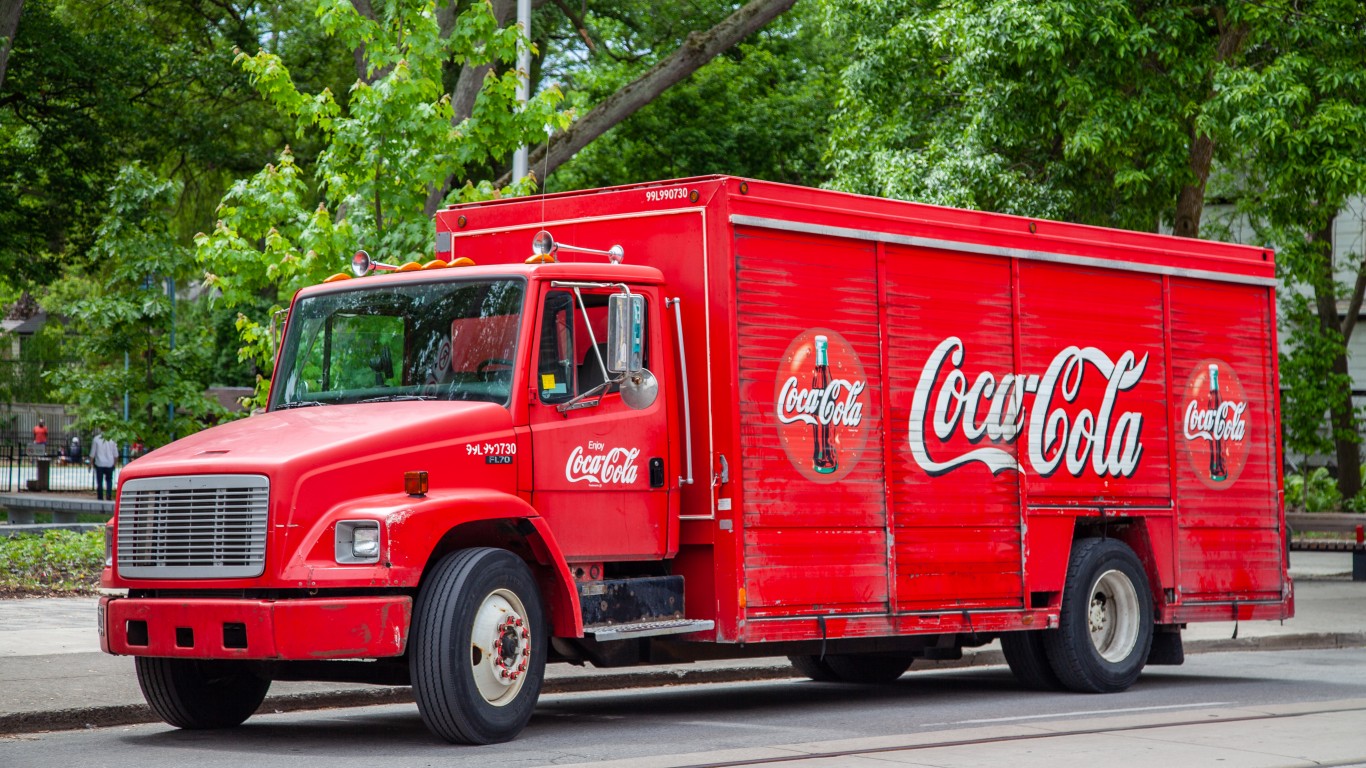

Coke (NYSE: KO) is one of the most established consumer brands in the world. On top of that, they are the largest beverage company in the world, and from the looks of things, people aren’t going to stop drinking things anytime soon. Still, does that mean that Coca-Cola is a good brand to invest in? There are always reasons to either invest or avoid a company, but today, we’re going to look at some of the reasons someone might want to avoid Coca-Cola stock.
To compile this list, 24/7 Wall Street used available financial information from Coca-Cola, researched the most breaking news on the company, and used editorial discretion to consider some potential reasons someone may want to avoid investing in the stock. This doesn’t mean that we think Coca-Cola is a bad company to invest in; it just means that if you want a reason to avoid it, they do exist. Let’s get started.
1. They’re Encountering Widespread Boycotts
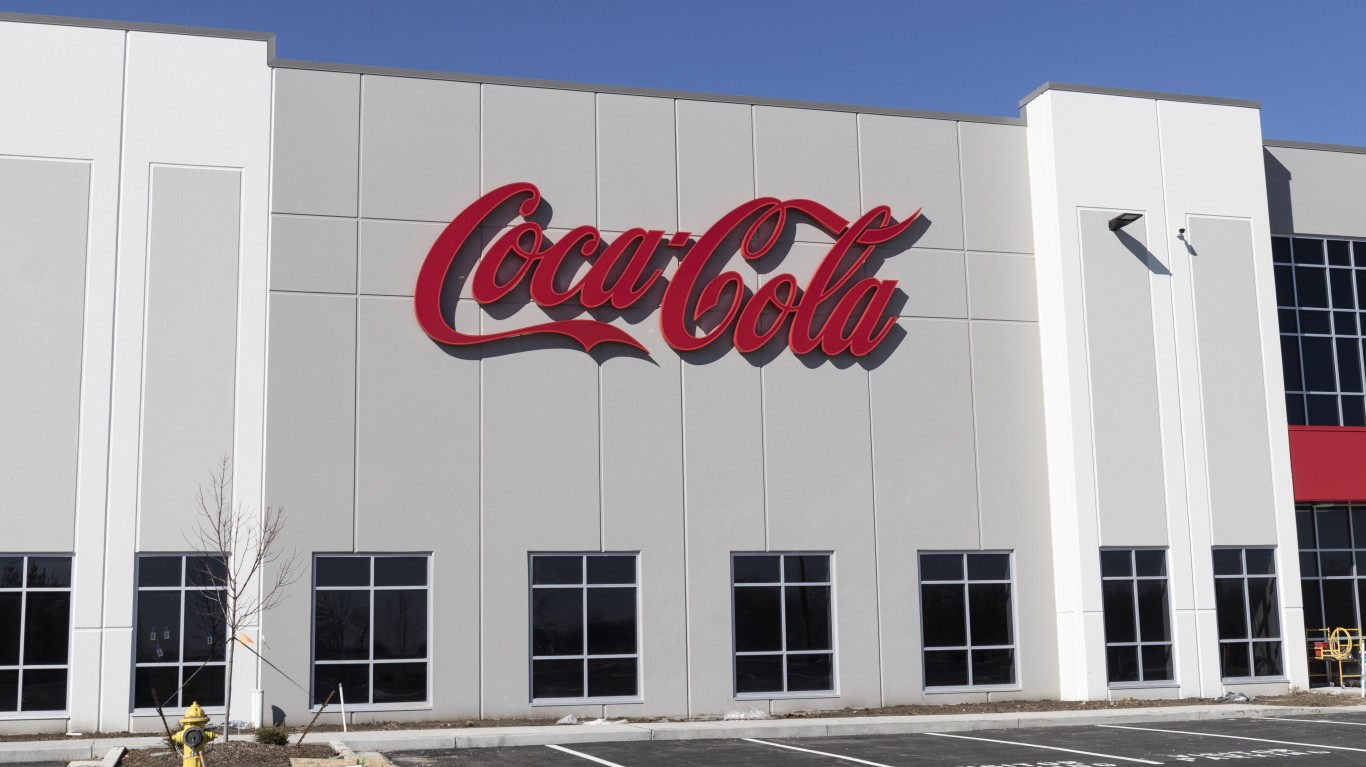
Maybe one of the biggest reasons to avoid Coke right now is that the company is being boycotted, primarily as a result of the Israel-Hamas conflict. The impact of geopolitical issues isn’t just a one-off thing, either.
There is a broader trend where consumer sentiment has become increasingly intertwined with social and political issues, usually to the detriment of large brands. Currently, some of the major brands impacted by the boycotts are Starbucks, Coke, and McDonalds.
Before investors get too hesitant, however, it should be made clear that these boycotts haven’t seemed to really impact Coke specifically all that much. The boycotts target American brands by consumers overseas, and while they may be politically impactful, the actual impact on profits doesn’t seem to be noticeable. Coke generates around 65% of its revenue from outside the United States, which would indicate an issue, but the regions where the boycotts are happening aren’t large parts of the revenue stream for the brand. Additionally, many products exist that aren’t widely known to be tied to the brand (Minute Maid, Powerade, and even Topo Chico), which could also impact the effectiveness of the boycotts overall.
2. Insider Sentiment is Low
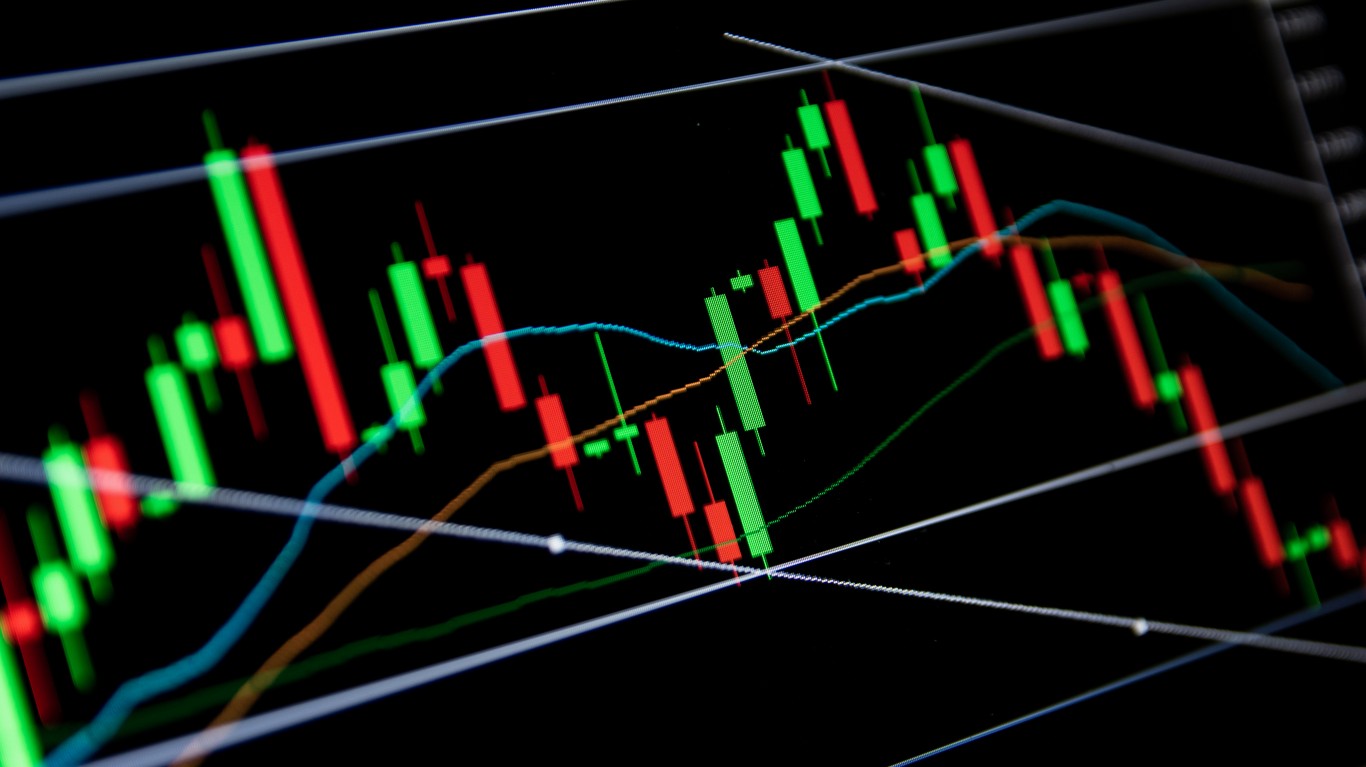
Another potential reason to be wary of Coke is certain company insights. Right now, Yahoo Finance lists Coke as having a 46/100 Overall, a 56/100 on Dividends, and maybe most damning, a 12/100 on Insider Sentiment.
First, these numbers do have to be taken in some context. The sector average for the overall score is 10/100, so despite not clearing 50, Coke is doing fine compared to its competitors. In Dividends, the sector average is 30, so again, Coke is just ok compared to others. The real issue seems to be coming from Insider Sentiment, where the sector average is 30. Here, Coke clearly has some issues.
Looking at this metric alone, it’s tough to know why the company scores so low. According to one source from Simply Wall Street, the last twelve months at the company have signaled quite a few sell-offs, even from big names like James Rober Quincey, the Chairman & CEO. Additionally, insiders didn’t buy many shares, signaling a little internal selling pressure, which is not something you want to see.
3. Consumer Sentiment Towards Beverages Are Changing
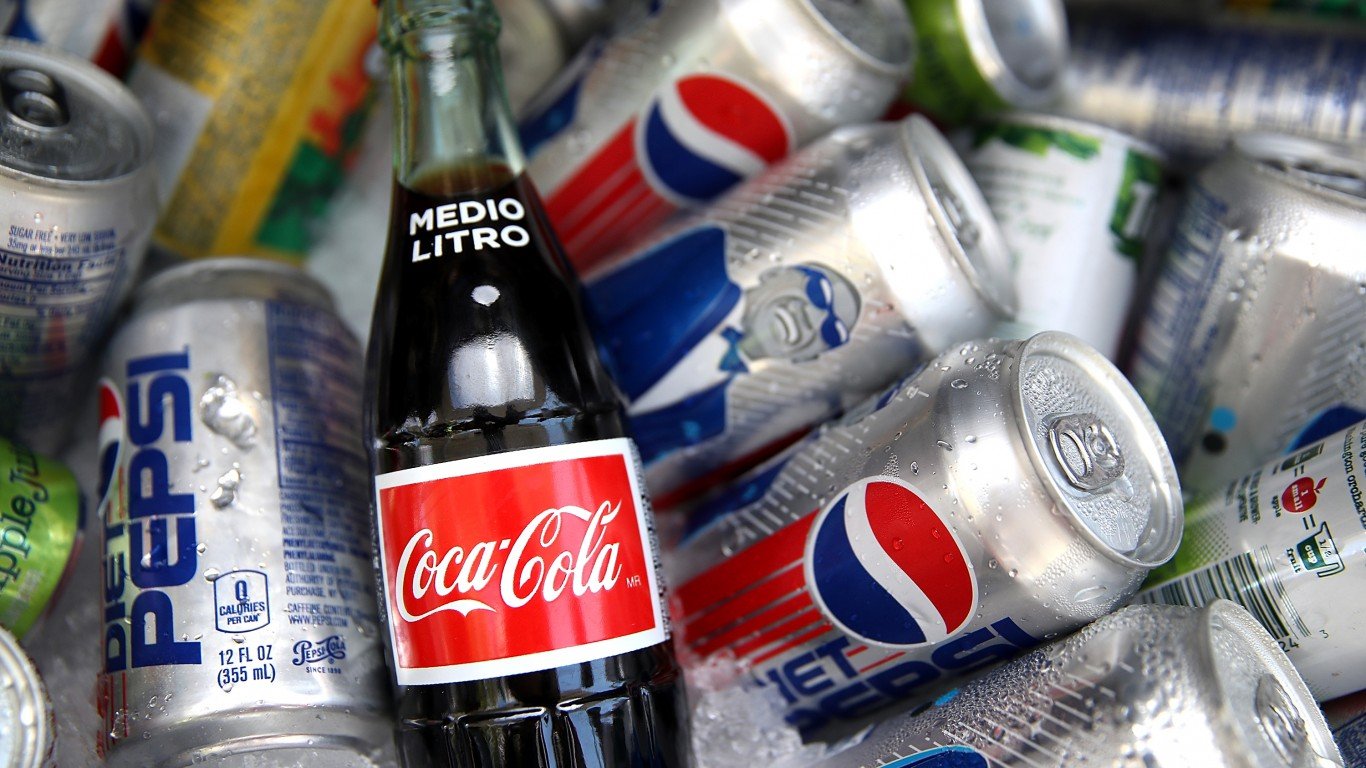
Another red flag for potential Coca-Cola investors is hidden within the shifting nature of consumer sentiment, particularly regarding healthier, more natural products.
Health-conscious trends have exploded over the last few years, and Coca-Cola’s image is often tied to sugary and less nutritious drinks, specifically soda. Soda, once unrivaled in the beverage market, is potentially fading, and the new kid on the block could steal Coke’s lunch money. Right now, people are incredibly favoring alternatives like flavored teas, coffees, and especially energy drinks. This shift is particularly noticeable in the American market but still present elsewhere.
Coke, traditionally synonymous with sodas, could struggle to adapt. However, it’s not all doom and gloom, and the brand is historically fantastic at pivoting and offering consumers options that align with their temporary trends. Coca-Cola has strategically invested in segments aligning with the health-conscious movement, and brands like AHA and Topo Chico, both owned by Coke, are clearly trying to capture that.
4. They’re Potentially Reaching False Highs
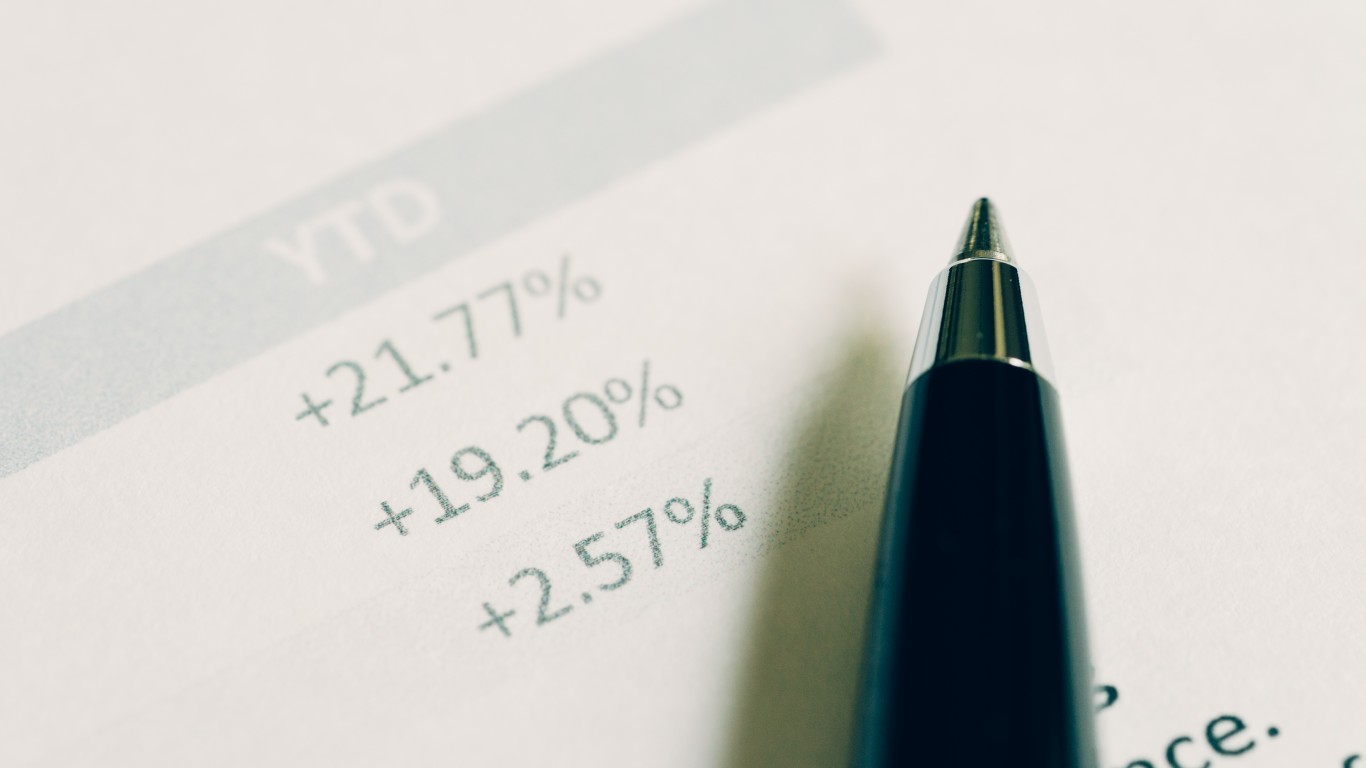
Looking at the numbers could also give some insight into the near future of the company. After 2020, Coca-Cola has seen a rather steady upward trend regarding share price, with a few exceptions. Additionally, Coke has had an increase in revenue since 2020, showing gains of 17% and 11.25% in 2021 and 2022, respectively.
The most recent numbers for Q4 2023 haven’t been released yet, but if there was going to be a noticeable dip from worldwide events, it would be then. If there is an announcement that the company didn’t hit expectations, the growth of the last few years could be halted.
Additionally, the old adage of buying low-selling high rings true. Coke is hitting high points right now; is that really the best time to take a position?
5. You Want Rapid Stock Growth
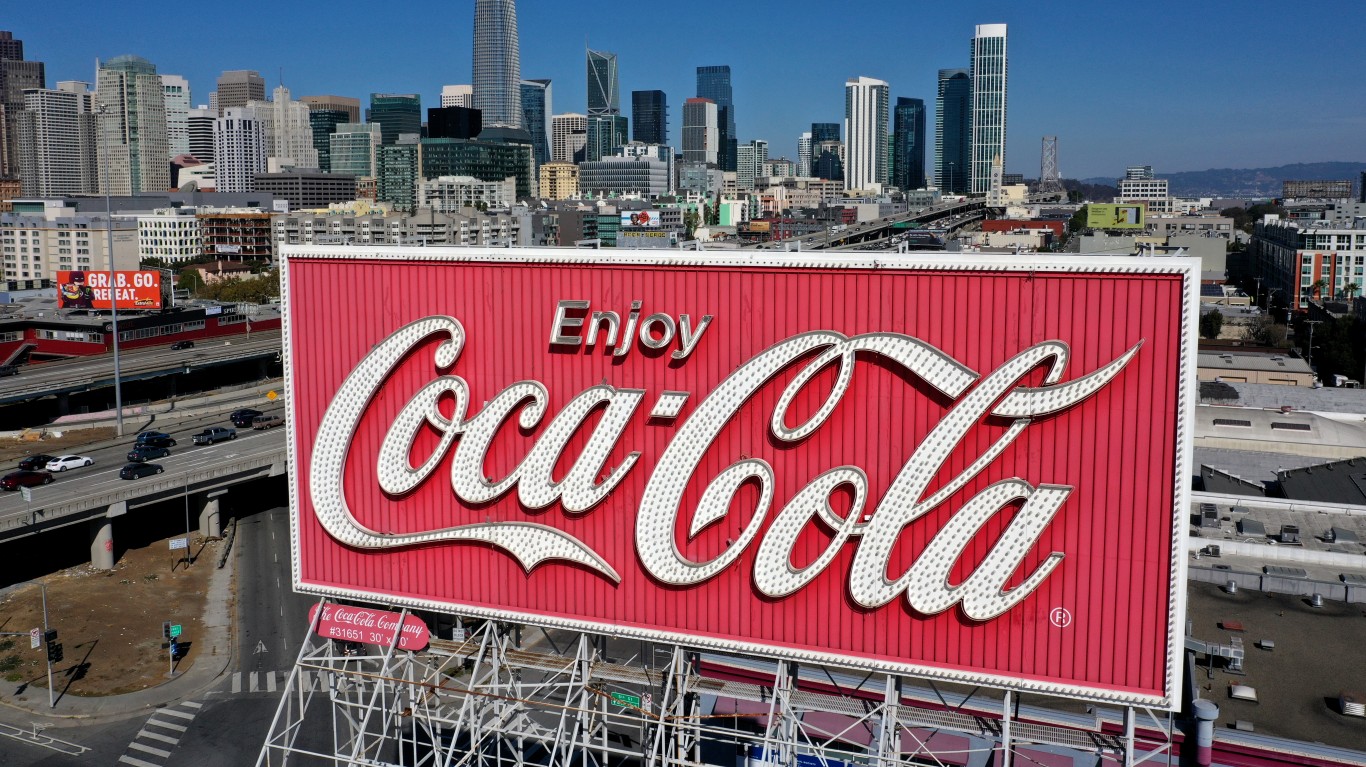
Coca-Cola has long been hailed as a financially stable institution. Sure, that may be because Warren can’t help but give them free advertising every chance he gets, but it also has to do with how the company is structured. As of 2023, Coca-Cola has increased its dividends for 61 consecutive years, a truly incredible feat. However, the very attributes that make Coca-Cola a reliable investment also have something to do with tempering expectations for explosive stock growth.
Coca-Cola’s colossal size and tenure as a brand really position it more as a slow and steady train than a high-upside electrically-charged stock. High-dividend stocks, like Coca-Cola, generally signify a commitment to reliability, not necessarily excitement (just check your parents’ retirement account).
For those “thirsting” for excitement, flashiness, and the potential for eye-watering upside, Coca-Cola probably isn’t it, despite what those darned polar bears make it look like. If something a little more exciting with a coin-flip approach to total domination or miserable failure are your vibes, may we suggest whatever Elon Musk has planned next?
6. You Don’t Politically Align With Coke (DEI, etc.)
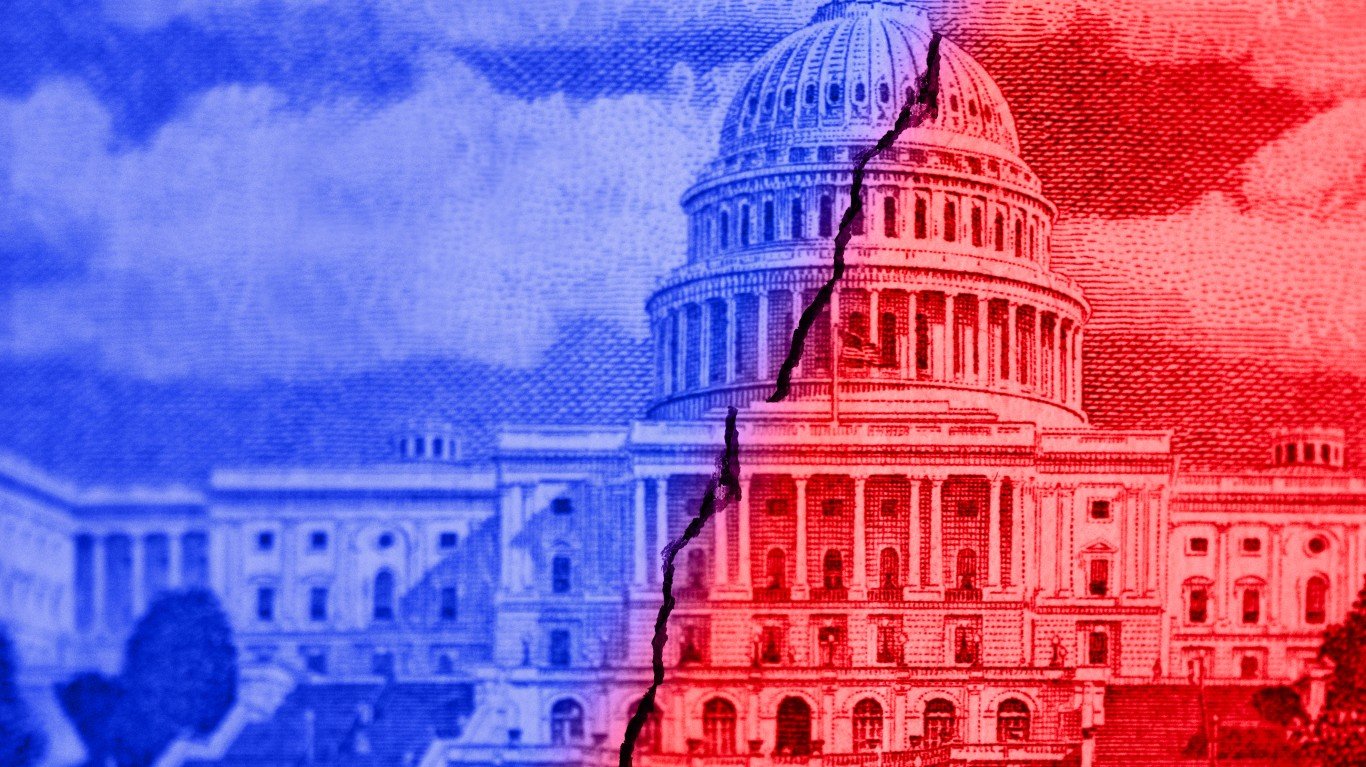
In an era where companies are under scrutiny for their social stances, Coca-Cola’s pronounced emphasis on Diversity, Equity, and Inclusion (DEI) initiatives could be a watershed factor for potential investors. While the global push for DEI in corporate landscapes is broadly accepted and viewed as commendable, it has not escaped criticism from certain political entities.
Leaked materials, for example, have sparked debates, especially in the context of shifting political landscapes and… heightened responses. For investors who prefer to align their portfolios strictly with their political values, Coca-Cola’s unapologetic commitment to DEI might be a point of contention.
ESG, another hot-button issue in certain political spheres, is another potential rift between the values of investors and the companies they are looking to stick with. Coca-Cola doesn’t necessarily use ESG language in its corporate releases, but it does release Sustainability & Business Reports, which cover the same things.
Sponsored: Attention Savvy Investors: Speak to 3 Financial Experts – FREE
Ever wanted an extra set of eyes on an investment you’re considering? Now you can speak with up to 3 financial experts in your area for FREE. By simply
clicking here you can begin to match with financial professionals who can help guide you through the financial decisions you’re making. And the best part? The first conversation with them is free.
Click here to match with up to 3 financial pros who would be excited to help you make financial decisions.
Thank you for reading! Have some feedback for us?
Contact the 24/7 Wall St. editorial team.



